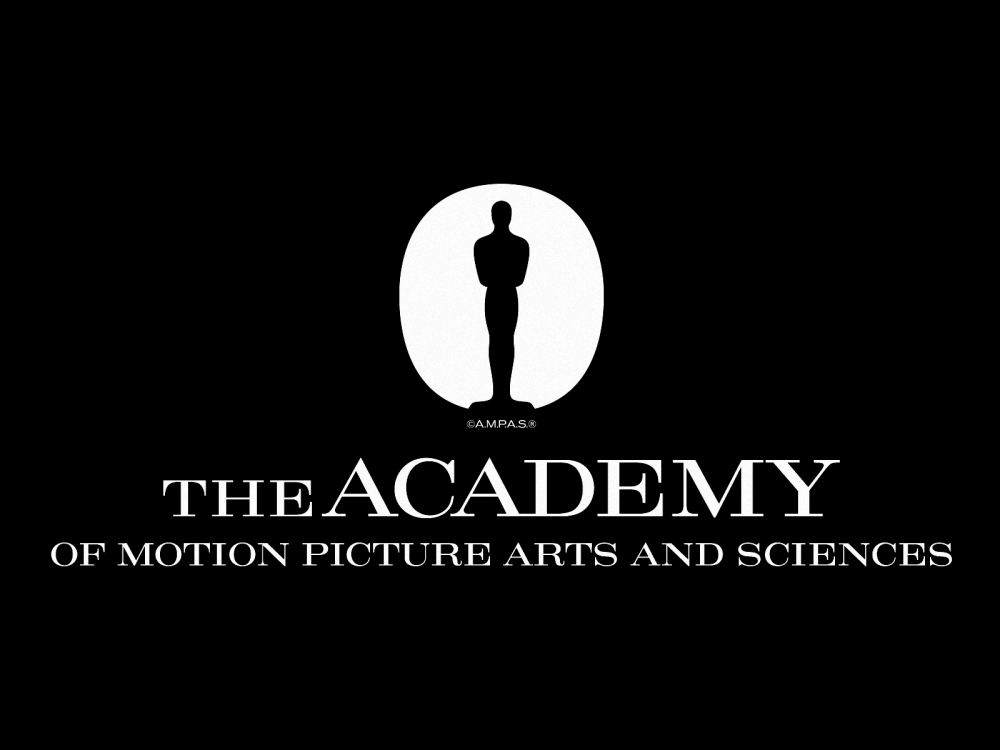The world acclaimed giver of the Oscar award “The Academy of Motion Picture Arts and Sciences” has invited 774 mew members into its fold. The body which gives the most popular movie awards in the world have faced questions of lack of diversity in its members in the past and its new invitee list aims at correcting such impression. Aside the diversity angle, the number is seen as a graduation on the number of invitees in recent years as it is higher than 683 invitations that were issued in 2016 and 322 in 2015.
The body has been facing questions of lack of diversity since 2014 when its members were said to be predominantly white and male. There was protest against the academy body members symbolised by the #OscarsSoWhite movement. There have also been reports in recent times of black actors boycotting the award ceremony for the perceived lack of black inclusion in the nominee list. At the beginning of 2016, of 6,261 in the body’s voting pool 92% were white while 75% were male.
However, the new list of invited members reflects a more balance racial and gender picture. The new list, which represents talented people from 57 countries is 39 percent female and 30% people of colour. Seven branches of the body invited more females and males and they are actors, casting directors, costume designers, documentary, executives and film editors. This represents a more balance list of invitee in comparison with what has obtained in the past.
American singer, song writer, producer and actor Justin Timberlake who shook the crowd at the Oscars in February with his opening performance of “Can’t Stop the Feeling” was invited to be a member. So was creator of hit stage play Hamilton Lin-Manuel Miranda who got the nod for his amazing work on the musical drama. The list also included Dwayne Johnson, Gal Gadot, Naomie Harris, Riz Ahmed, Jordan Peele, Barry Jenkins and a lot more people with African and Hispanic origin.
The full list is a step in the right direction for the body that has endured criticism in the past for marginalisation of black people.
